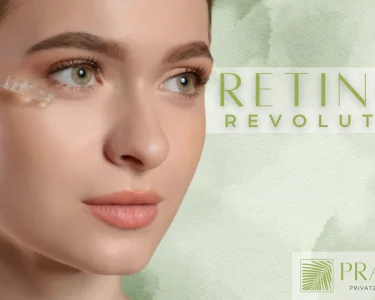Experiencing skin issues in your 20s can be frustrating, especially if you had relatively clear skin in your teenage years. Several factors can contribute to skin problems during this period of your life. Here are some common reasons your skin may be “freaking out” in your 20s:
1. Hormonal Changes:
Hormonal fluctuations can continue into your 20s, leading to changes in sebum production and skin oiliness. This can result in increased acne breakouts, especially around the jawline and chin. Hormonal imbalances can also trigger inflammation and sensitivity, leading to redness and irritation.
2. Stress:
Your 20s can be a time of significant life changes, such as starting a new job, pursuing higher education, or navigating personal relationships. The stress associated with these changes can disrupt the balance of hormones and increase cortisol levels, which may contribute to breakouts and skin inflammation.
3. Skincare Habits:
Your skincare routine and habits play a crucial role in maintaining healthy skin. In your 20s, you may experiment with various products or neglect consistent skincare practices. Using harsh or irritating skincare products, over-exfoliating, or not properly cleansing and moisturizing your skin can disrupt its natural barrier, leading to increased sensitivity and breakouts.
4. Poor Diet:
Unhealthy eating habits, such as consuming excessive sugar, processed foods, or a lack of essential nutrients, can affect your skin’s health. A poor diet lacking in vitamins, antioxidants, and healthy fats can contribute to inflammation, acne, and dull skin complexion.
5. Environmental Factors:
Exposure to environmental stressors can impact your skin. Factors like pollution, UV radiation, and changes in climate can contribute to skin damage, oxidative stress, and breakouts. Environmental pollutants can clog pores and exacerbate acne or cause skin sensitivity and irritation.
6. Increased Alcohol and Caffeine Consumption:
In your 20s, social activities may involve increased alcohol consumption and higher caffeine intake. Alcohol can dehydrate your skin and lead to inflammation, while excess caffeine can disrupt your sleep patterns and contribute to skin dullness and dehydration.
7. Lack of Sleep:
Busy schedules, late-night studying, or an active social life can result in inadequate sleep. Insufficient sleep affects your overall well-being and can manifest on your skin. Lack of sleep can lead to a dull complexion, under-eye circles, and increased inflammation, making your skin more prone to breakouts.
8. Overuse of Electronic Devices:
Increased screen time in your 20s, whether from computers, smartphones, or tablets, can expose your skin to blue light. Prolonged exposure to blue light may contribute to skin aging, hyperpigmentation, and oxidative stress.
It’s important to establish a consistent skincare routine tailored to your skin’s needs and make healthy lifestyle choices to address these concerns. Cleanse your skin gently, use non-comedogenic products, protect your skin from the sun, eat a balanced diet, manage stress levels, prioritize sleep, and limit excessive alcohol and caffeine intake. If your skin issues persist or worsen, consider consulting a dermatologist for professional advice and treatment options.




